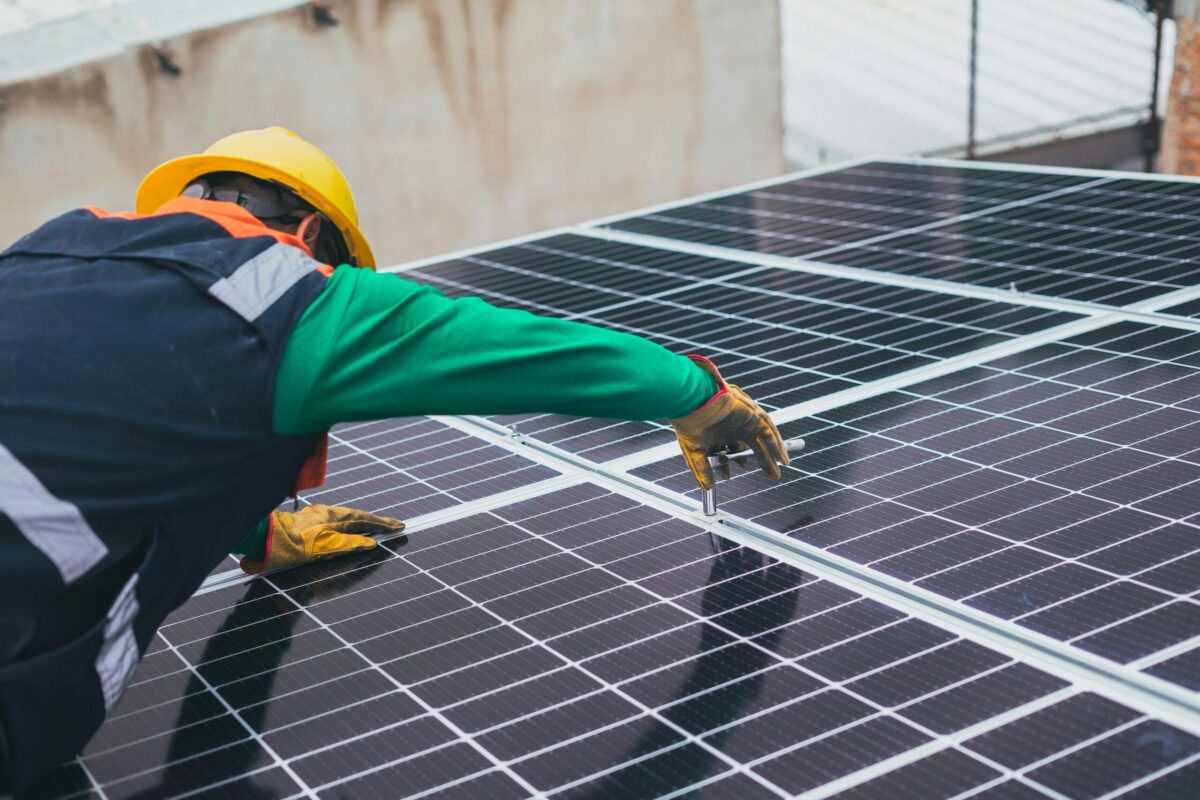NREL has evaluated the trade-offs between extending PV module lifetimes or ramping up closed-loop recycling for solar panels with shorter lifetimes. It presented its findings in “Circular Economy Priorities for Photovoltaics in the Energy Transition,” which was recently published in PLOS One.
Using the United States as a case study, a group of researchers analyzed 336 scenarios using the in-house PV Circular Economy Tool (PV ICE). They only considered monocrystalline silicon-based modules.
The researchers assessed the impact on new material demand with different module lifetimes, from 15 to 50 years. They also looked at closed-loop recycling, and assumed that the United States will have 1.75 TW of cumulative PV installed capacity by 2050.
The results show that modules with 50-year lifetimes could reduce new material demand by 3% through lower deployment, in comparison with the 35-year baseline scenario. On the other hand, modules with 15-year lifetimes would require an additional 1.2 TW of replacement modules to maintain 1.75 TW of PV capacity by 2050. That would increase new material demand and waste unless over 95% of the module mass was closed-loop recycled, said the researchers.
“This requires 100% collection and a high-yield, high-value recycling processes, which presents a technology and management challenge because no PV technology has achieved this level of closed-loop recycling for all component materials,” they said.
They added that with sustainable PV supply chains, there is a tendency to go straight to recycling as the solution, but there are many other circular options to try first, like lifetime extensions. They concluded that “offsetting new material demand can be accomplished in ways other than recycling, including high-yield, high-efficiency, reliable systems (thereby reducing replacement and total deployment needs,) remanufacturing of components, and circular material sourcing.”
This content is protected by copyright and may not be reused. If you want to cooperate with us and would like to reuse some of our content, please contact: editors@pv-magazine.com.








With Natural Gas appliances and gasoline powered autos being replaced by EVs, adding more solar panels to existing systems will be the rule and not the exception. My 8000-watt solar roof is already too small for my future needs.